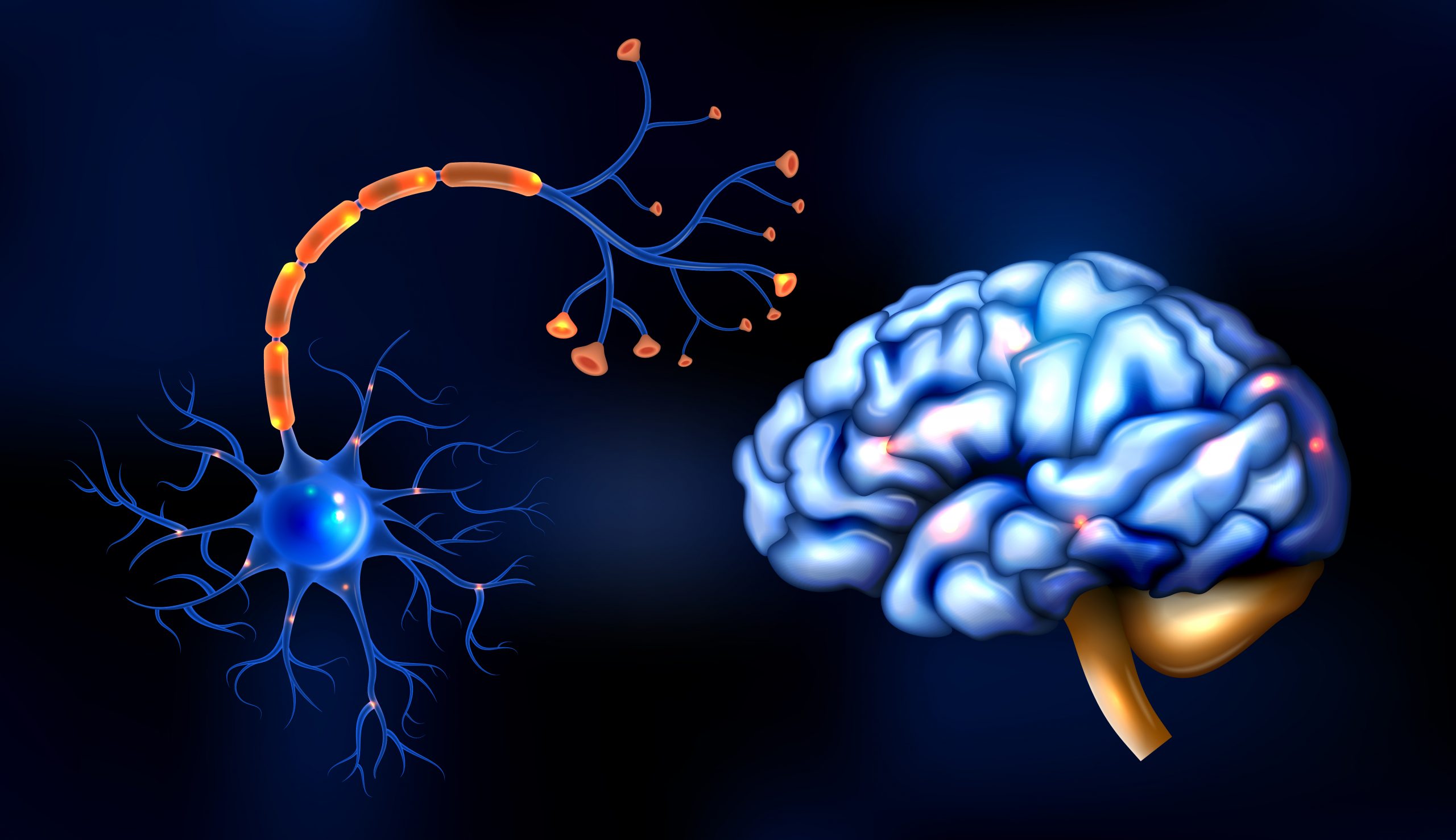

According to a new study by experts at the University of Colorado Anschutz Medical Campus, a promising new stroke medicine that briefly suppresses a crucial protein in the brain without inflicting long-term harm could drastically impact the future treatment of cerebral and global ischemia.
The study appears in the May edition of the Journal of Biological Chemistry.
“We are one step closer to a new stroke therapy,” said K. Ulrich Bayer, Ph.D., professor of pharmacology at the University of Colorado School of Medicine and a senior author of the study. “Our research shows that the potential negative side effects were not manifested, while the neuroprotective effects were significant.”
Current stroke treatment is mostly focused on breaking up blood clots in order to restore blood flow to the afflicted region of the brain. However, the stroke medicine being examined here, which was developed on the CU Anschutz Medical Campus, protects brain function itself.
The researchers set out to figure out how to target Ca2+/calmodulin-dependent protein kinase II, or CaMKII, a key regulator of learning and memory. Long-term interference with this protein was expected to have a negative influence on memory and learning ability.
Using animal models, the researchers targeted the protein with a neuroprotective peptide known as tatCN19o.
“Our team found that tatCN19o did not affect pre-formed memories and only temporarily interfered with learning for less than an hour,” Bayer said.
They also discovered that the medication might prevent brain cell damage even at extremely low dosages and when administered 30 to 60 minutes after an ischemia episode.
Study co-author Carolyn Nicole Brown from the CU School of Medicine Department of Pharmacology said the temporary learning impairment with the drug in cases of global cerebral ischemia or stroke would be “highly acceptable even if they were longer lasting than observed here since the treatment is with a single acute bolus of the drug.”
Additionally, the very short duration of the learning impairment could enable even chronic treatments of some conditions,” she said, “including Alzheimer’s disease, as just one notable example.
Nicole Rumian, Ph.D., a co-author from the Department of Pharmacology, observed that the findings corroborate the notion that the protein is crucial in memory maintenance, but that temporarily suppressing it does not produce long-term amnesia.
Bayer anticipates that additional safety tests will be undertaken with this stroke medicine soon, and that human trials would begin in roughly three years.
“As a basic science researcher, I am super excited to see my work reach the clinic within my lifetime,” he said.
As the technology’s licensee, Neurexis Therapeutics is now developing the medicine through late preclinical research.
more recommended stories
 Nanoplastics in Brain Tissue and Neurological Risk
Nanoplastics in Brain Tissue and Neurological RiskKey Takeaways for HCPs Nanoplastics are.
 AI Predicts Chronic GVHD Risk After Stem Cell Transplant
AI Predicts Chronic GVHD Risk After Stem Cell TransplantKey Takeaways A new AI-driven tool,.
 Red Meat Consumption Linked to Higher Diabetes Odds
Red Meat Consumption Linked to Higher Diabetes OddsKey Takeaways Higher intake of total,.
 Pediatric Crohn’s Disease Microbial Signature Identified
Pediatric Crohn’s Disease Microbial Signature IdentifiedKey Points at a Glance NYU.
 Nanovaccine Design Boosts Immune Attack on HPV Tumors
Nanovaccine Design Boosts Immune Attack on HPV TumorsKey Highlights Reconfiguring peptide orientation significantly.
 High-Fat Diets Cause Damage to Metabolic Health
High-Fat Diets Cause Damage to Metabolic HealthKey Points Takeaways High-fat and ketogenic.
 Acute Ischemic Stroke: New Evidence for Neuroprotection
Acute Ischemic Stroke: New Evidence for NeuroprotectionKey Highlights A Phase III clinical.
 Statins Rarely Cause Side Effects, Large Trials Show
Statins Rarely Cause Side Effects, Large Trials ShowKey Points at a Glance Large.
 Anxiety Reduction and Emotional Support on Social Media
Anxiety Reduction and Emotional Support on Social MediaKey Summary Anxiety commonly begins in.
 Liquid Biopsy Measures Epigenetic Instability in Cancer
Liquid Biopsy Measures Epigenetic Instability in CancerKey Takeaways Johns Hopkins researchers developed.

Leave a Comment